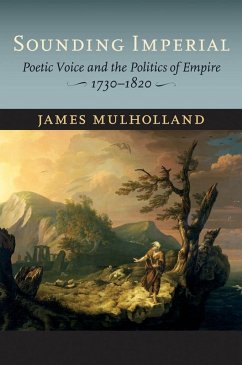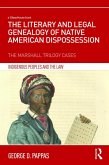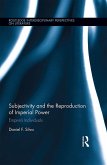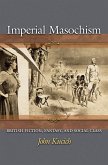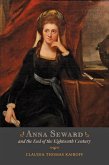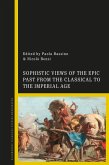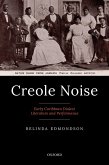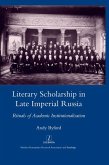Spoken words come alive in written verse.In Sounding Imperial, James Mulholland offers a new assessment of the origins, evolution, and importance of poetic voice in the eighteenth and early nineteenth centuries. By examining a series of literary experiments in which authors imitated oral voices and impersonated foreign speakers, Mulholland uncovers an innovative global aesthetics of poetic voice that arose as authors invented new ways of crafting textual voices and appealing to readers. As poets drew on cultural forms from around Great Britain and across the globe, impersonating "e;primitive"e; speakers and reviving ancient oral performances (or fictionalizing them in verse), they invigorated English poetry.Mulholland situates these experiments with oral voices and foreign speakers within the wider context of British nationalism at home and colonial expansion overseas. Sounding Imperial traces this global aesthetic by reading texts from canonical authors like Thomas Gray, James Macpherson, and Felicia Hemans together with lesser-known writers, like Welsh antiquarians, Anglo-Indian poets of colonialism, and impersonators of Pacific islanders. The frenetic borrowing, movement, and adaptation of verse of this time offers a powerful analytic by which scholars can understand anew poetry's role in the formation of national culture and the exercise of colonial power. Sounding Imperial offers a more nuanced sense of poetry's unseen role in larger historical processes, emphasizing not just appropriation or collusion but the murky middle range in which most British authors operated during their colonial encounters and the voices that they used to make those cross-cultural encounters seem vivid and alive.
Dieser Download kann aus rechtlichen Gründen nur mit Rechnungsadresse in A, B, BG, CY, CZ, D, DK, EW, E, FIN, F, GR, HR, H, IRL, I, LT, L, LR, M, NL, PL, P, R, S, SLO, SK ausgeliefert werden.

